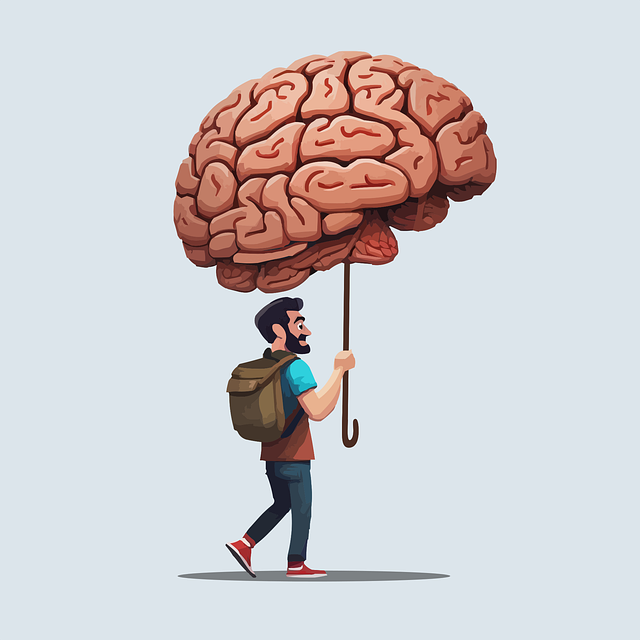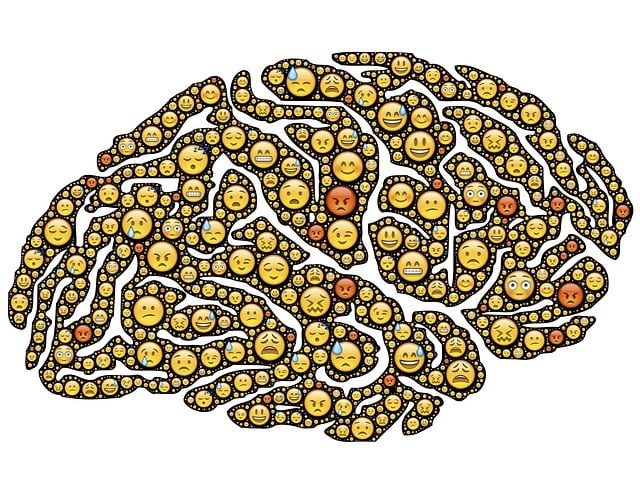In today's diverse healthcare landscape, especially in multicultural Westminster, cultural competency is vital. Understanding cultural nuances improves personalized care, patient satisfaction, and outcomes, particularly for marginalized groups seeking mental health services like ADD/ADHD evaluations and therapy. By integrating cultural sensitivity into practices and training, healthcare providers create inclusive spaces that facilitate open communication, effectively addressing mental health concerns. Specialized Westminster ADD-ADHD Evaluations help therapists navigate diagnostic biases, understand access disparities, and combat stigma, ensuring tailored care based on individual needs and cultural backgrounds. Effective training strategies, including simulations and education programs, enhance cultural competence, fostering empathetic responses that respect diverse patient backgrounds.
In today’s diverse healthcare landscape, cultural competency training for providers is no longer an option but a necessity. Understanding and respecting different cultures, beliefs, and backgrounds significantly impacts patient care and outcomes. This article explores why cultural competence is vital in modern healthcare. We delve into the harmful effects of cultural biases and stereotypes, highlighting cases like Westminster ADD-ADHD Evaluations where cultural sensitivities are key to accurate therapy. Effective training strategies are also discussed to enhance cultural competence among healthcare providers.
- Understanding Cultural Competency in Healthcare: A Necessity in Modern Practice
- The Impact of Cultural Biases and Stereotypes on Patient Care
- Westminster ADD-ADHD Evaluations: Uncovering Cultural Sensitivities
- Effective Training Strategies to Enhance Cultural Competence among Healthcare Providers
Understanding Cultural Competency in Healthcare: A Necessity in Modern Practice

In today’s diverse healthcare landscape, cultural competency is no longer an optional consideration but a necessity. It involves understanding and appreciating the cultural nuances and values that shape individuals’ health beliefs, behaviors, and interactions with healthcare systems. This is especially crucial in communities like Westminster where various cultural backgrounds and ethnicities coexist, including those seeking ADD-ADHD evaluations and therapy services. Healthcare providers who possess strong cultural competency skills are better equipped to deliver personalized care, improve patient satisfaction, and enhance outcomes, particularly for marginalized groups.
By fostering cultural sensitivity and awareness, healthcare professionals can create an inclusive environment that promotes open communication. This is vital in addressing mental health concerns such as anxiety relief and cultivating positive thinking among patients. Moreover, integrating cultural competency training into healthcare education and professional development programs, including Mental Wellness Coaching, can lead to better-informed decisions and improved service delivery. Such initiatives contribute to a holistic approach to healthcare, ensuring that every patient receives respectful, culturally sensitive care tailored to their unique needs and backgrounds.
The Impact of Cultural Biases and Stereotypes on Patient Care

Cultural biases and stereotypes can significantly impact patient care, often leading to misdiagnoses and inadequate treatment plans. Healthcare providers, despite their best intentions, may unconsciously hold preconceived notions about specific cultural groups or conditions, such as ADD/ADHD. For instance, stereotypes regarding mental health awareness might cause providers to overlook symptoms in patients from communities where mental illness is less openly discussed. This can result in delayed care, especially for conditions like ADD/ADHD that require early intervention for effective therapy and evaluation.
When healthcare professionals lack cultural competency, they may apply a one-size-fits-all approach, failing to consider the unique experiences and needs of diverse patients. This is particularly problematic when addressing mental health issues, as self-care routine development and mood management techniques should be tailored to individual preferences and cultural backgrounds. In the case of ADD/ADHD evaluations in Westminster, culturally sensitive practices ensure that therapy aligns with the patient’s identity and community norms, fostering better engagement and outcomes.
Westminster ADD-ADHD Evaluations: Uncovering Cultural Sensitivities

Westminster ADD-ADHD Evaluations offer a unique opportunity for healthcare providers to uncover and address cultural sensitivities within their practice. In a diverse society, it’s essential to recognize that individuals with Attention-Deficit/Hyperactivity Disorder (ADHD) may experience varied symptoms and challenges based on their cultural backgrounds. This specialized training enables therapists to navigate complex issues such as diagnostic biases, access to care disparities, and the impact of mental illness stigma within different communities.
By delving into these evaluations, healthcare providers can enhance their communication strategies, learn effective conflict resolution techniques, and contribute to mental illness stigma reduction efforts. The goal is to ensure culturally competent care, where every patient receives personalized support tailored to their unique needs, regardless of their cultural identity or background.
Effective Training Strategies to Enhance Cultural Competence among Healthcare Providers

Effective training strategies are essential to enhancing cultural competence among healthcare providers, ensuring they can deliver quality care that respects and understands diverse patient backgrounds. One powerful approach involves immersive simulations that recreate real-life clinical scenarios, allowing participants to navigate complex cultural interactions. By incorporating role-playing and scenario-based learning, trainers can facilitate a deeper understanding of different perspectives and promote empathetic responses.
Additionally, integrating mental health education programs design elements into the curriculum proves beneficial. Encouraging open discussions about biases, unconscious preconceptions, and their impact on patient care fosters an environment of positive thinking. Incorporating Mental Wellness Journaling Exercises guidance can also help healthcare providers reflect on their experiences and gain insights into their own cultural lenses. These practices contribute to creating a more inclusive healthcare setting, mirroring the diverse communities served by practitioners, such as those seeking Westminster ADD-ADHD evaluations and therapy.
Cultural competency training is no longer a nice-to-have, but an indispensable tool for healthcare providers. As diverse patient populations become the norm, understanding and respecting cultural differences in healthcare can significantly improve patient outcomes. The strategies outlined, including Westminster ADD-ADHD Evaluations therapy techniques, offer practical approaches to mitigate biases and stereotypes, ensuring equitable care for all. By embracing these training methods, healthcare professionals can foster inclusive environments that promote healing and trust.














